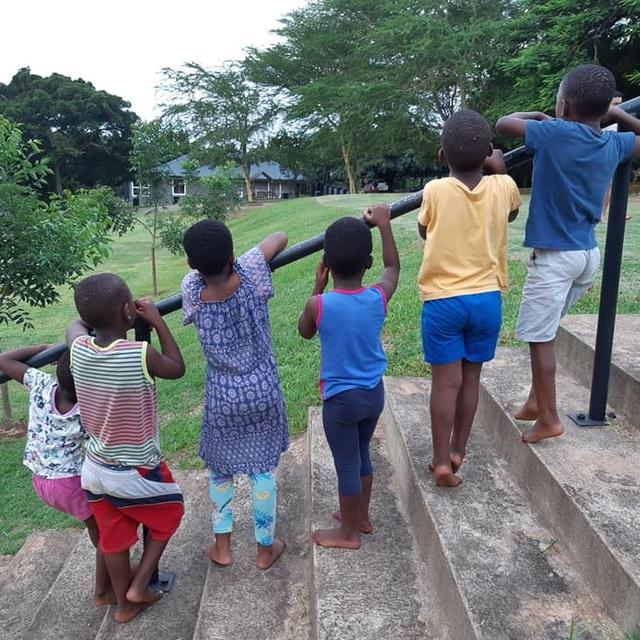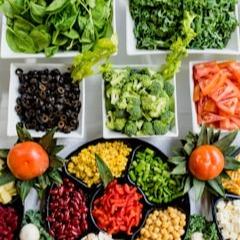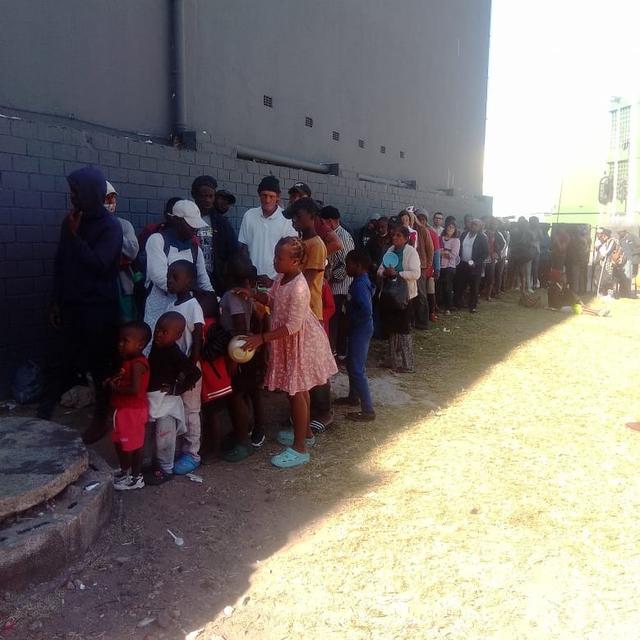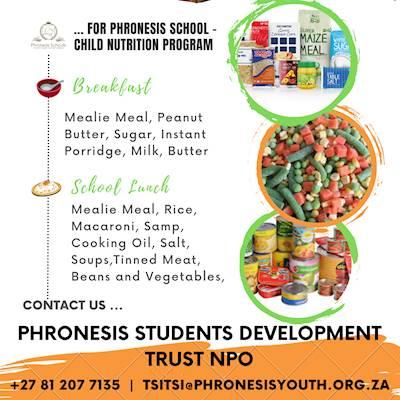Help Khulisa Social Solutions by donating, food, educational, health and sports items for various beneficiaries
category
Other
sub-category
Other
How can you help?
Help Khulisa Social Solutions by donating, food, educational, health and sports items for various beneficiaries
Here's a little more info about this opportunity...
Over the past five years, Khulisa Social Solutions has engaged 50,000 children across South Africa. Their voices confirm what national research consistently shows: poverty, hunger, school dropouts, gender-based violence, trauma, and substance abuse remain deeply entrenched. With over half of South Africa’s children living in poverty and many lacking access to safe environments, nutritious food, and supportive adults, the urgency to act is undeniable. What We Need for National Distribution To meet the immediate needs of children and families while building long-term resilience, Khulisa is calling for donations in the following categories: • Food Security o Nutritious non-perishable food parcels o Fortified porridge, peanut butter, tinned protein, long-life milk o Fresh fruit and vegetables (through retail partners) • Education and Skills o Stationery packs (books, pens, pencils, geometry sets, calculators) o Textbooks and age-appropriate readers in all languages o Digital learning devices (laptops, tablets, printers, data support) o Vocational training kits (sewing machines, carpentry tools, catering equipment) • Health and Well-being o Sanitary pads and hygiene packs (soap, toothbrushes, toothpaste, deodorant) o School uniforms and shoes o First-aid kits and basic health supplies o Sports and recreation equipment (soccer balls, netballs, skipping ropes) • Safe Spaces and Connectivity o Furniture for community centres and safe spaces (tables, chairs, shelving) o IT equipment and Wi-Fi routers for NGOs and schools o Tents, gazebos, and outdoor equipment for community events and dialogues Our Commitment Every donation is logged and distributed transparently through Khulisa’s AI-enabled monitoring systems, ensuring accountability and measurable impact. Together, we can create a nationwide safety net for children — turning despair into resilience, and systemic challenges into opportunities for change.
Similar opportunities
Helpful tips
Stay safe
- 1. Don’t pass any personal information to people you haven’t met offline before.
- 2. When meeting one of your contacts offline for the first time, always be sure to arrange to meet in a public place.
- 3. Make sure that you are not left alone with someone that you have never met before.
- 4. Know where you’re going. If you’re headed off the beaten track or into an unfamiliar part of town, be sure you have directions and a GPS or map book.
- 5. If you feel unsafe, consult the person in charge and let him or her know.
- 6. Avoid wearing expensive jewellery: it could get damaged, lost or stolen.
- 7. Ask, ask, ask! If you’re worried about something or concerned about your safety in a certain situation, ask the person in charge.




